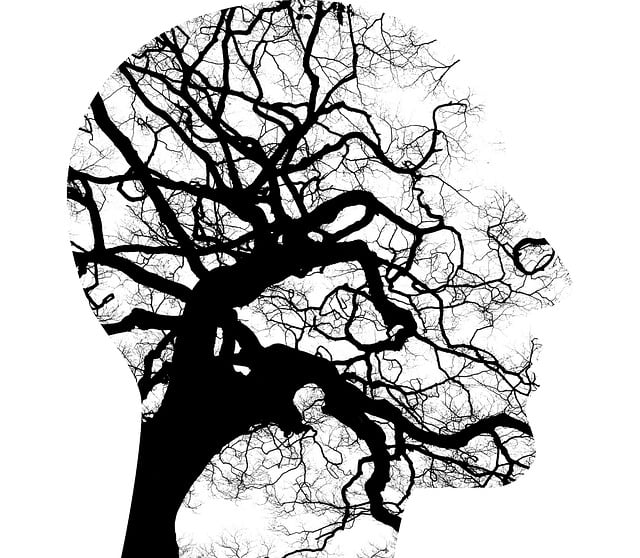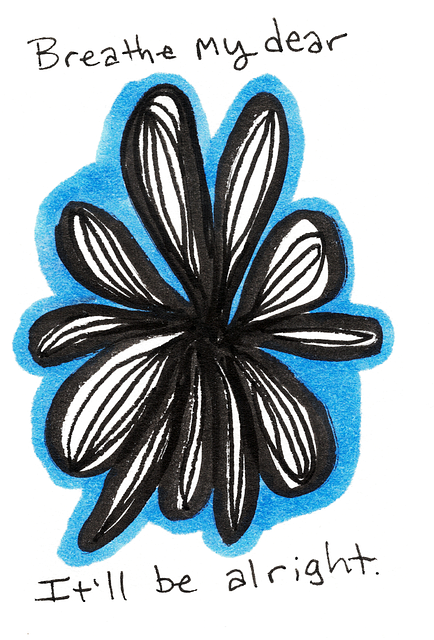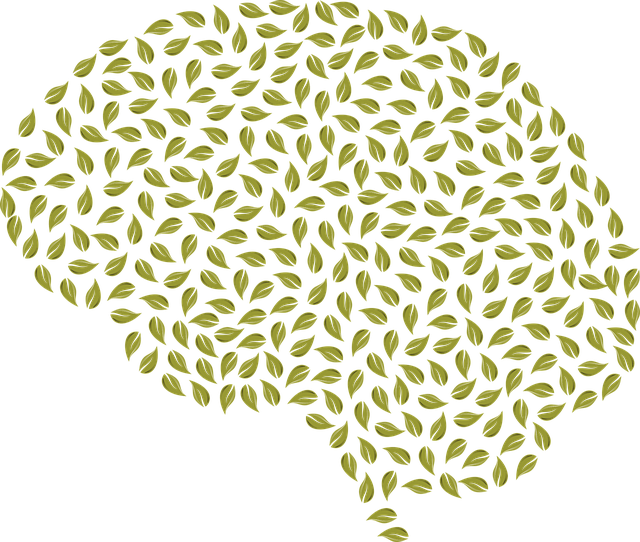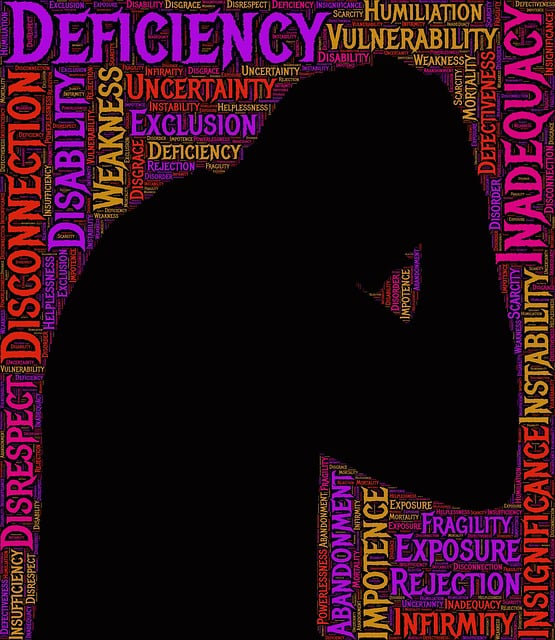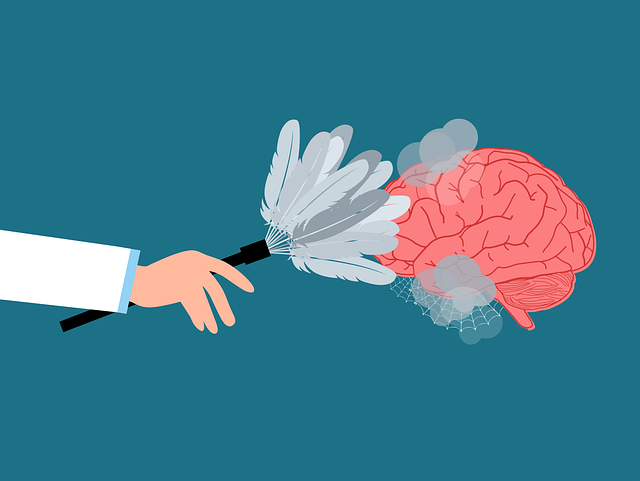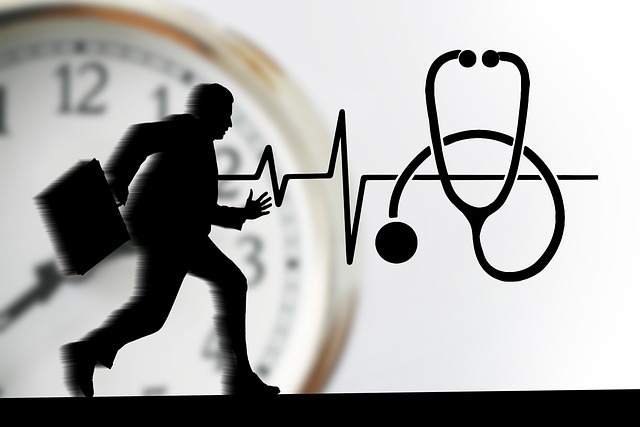Adolescent mental health is a critical phase characterized by unique challenges like peer pressure, academic demands, identity formation, and emotional regulation issues. These challenges can lead to anxiety, depression, self-harm, or suicide ideation. Cognitive Behavioral Therapy (CBT) and mindfulness practices empower teens with coping mechanisms, challenging negative thought patterns, and promoting emotional regulation. Encouraging consistent self-care routines, along with compassionate support from parents, fosters resilience and enhances mental wellness, including effective pain management. Tailored therapy services, social skills training, and mental wellness journaling exercises provide adolescents with the tools to navigate life's challenges, build resilience, and manage pain effectively. Specialized resources like support groups and online forums also play a crucial role in supporting teen mental health.
Mental wellness promotion is a vital aspect of adolescent development, addressing growing challenges in their emotional well-being. This article explores the intricate landscape of understanding adolescent mental health issues and offers practical solutions. We delve into the significance of therapy as a powerful tool for pain management among teens, highlighting effective strategies to foster resilience. Additionally, discover valuable resources and support systems tailored to the unique needs of both teenagers and their parents, emphasizing the importance of proactive mental wellness care.
- Understanding Adolescent Mental Health Challenges
- The Role of Therapy in Teen Pain Management
- Effective Strategies for Promoting Wellness
- Resources and Support for Teens and Parents
Understanding Adolescent Mental Health Challenges

Adolescent mental health is a critical phase that deserves heightened awareness and tailored strategies. Teenagers often face unique challenges, such as peer pressure, academic demands, identity formation, and emotional regulation issues. These factors can contribute to various mental health concerns, including anxiety, depression, and in severe cases, self-harm or suicide ideation. Recognizing these struggles is the first step towards providing effective support.
Therapy plays a pivotal role in addressing adolescent mental health challenges. Cognitive-behavioral therapy (CBT) has proven successful in managing anxiety and depression by teaching teens coping mechanisms and challenging negative thought patterns. Additionally, incorporating self-care practices like mindfulness meditation and compassion cultivation can empower teens to navigate their emotions. Encouraging the development of a consistent self-care routine, coupled with compassionate support from parents and caregivers, fosters resilience and enhances overall mental wellness for adolescent teens, even those grappling with pain management issues.
The Role of Therapy in Teen Pain Management

For adolescent teens experiencing pain, therapy serves as a powerful tool for comprehensive management and healing. It provides a safe space for young individuals to process and express their emotions related to physical discomfort, offering valuable guidance on coping strategies. Through therapeutic sessions, teens can develop emotional healing processes, learn effective journaling exercises to document their feelings, and engage in activities that foster positive thinking.
This approach not only helps in managing pain but also promotes mental wellness by addressing underlying emotional challenges. By incorporating various techniques, such as cognitive-behavioral therapy or mindfulness practices, adolescents can gain valuable insights into their experiences, build resilience, and develop healthier ways of navigating life’s challenges.
Effective Strategies for Promoting Wellness

Promoting mental wellness among adolescents involves a multi-faceted approach that addresses both individual and communal needs. One effective strategy is therapy for adolescent teens, tailored to their unique challenges and developmental stages. Cognitive-behavioral therapy (CBT) has shown significant promise in helping teens manage stress, anxiety, and depression by teaching them practical coping mechanisms. Integrating social skills training into therapeutic practices empowers adolescents with the ability to navigate relationships more effectively, fostering a sense of belonging and support.
Additionally, encouraging mental wellness journaling exercises can provide teens with a creative outlet for expressing their emotions and thoughts. This practice promotes self-awareness and reflection, helping them identify triggers and develop strategies for burnout prevention. By combining therapy, social skills training, and journaling, adolescents gain valuable tools to maintain and enhance their mental health, ensuring they have the resilience needed to navigate life’s challenges.
Resources and Support for Teens and Parents

For teens struggling with mental health issues, access to appropriate resources and support is vital. Therapy for adolescent teens plays a crucial role in addressing various challenges they may face, including managing pain, anxiety, or depression. Many organizations now offer specialized services tailored to this age group, focusing on evidence-based practices such as cognitive-behavioral therapy (CBT) and mindfulness techniques. These therapeutic approaches not only help teens understand and cope with their emotions but also teach valuable stress reduction methods and resilience building skills.
Parents seeking support for their teen’s mental wellness can benefit from a range of resources. Support groups, online forums, and community outreach programs provide opportunities to connect with other parents facing similar situations, offering both emotional support and practical advice. Additionally, many schools now incorporate mood management programs into their curricula, equipping students and parents with tools to navigate mental health challenges effectively.
Mental wellness promotion plays a pivotal role in fostering healthy adolescent development. By understanding the unique challenges young people face, we can provide effective support through evidence-based practices like therapy for adolescent teens pain management. Integrating these strategies into daily life encourages resilience and equips teens with tools to navigate their emotional journeys. Remember that resources and support networks are readily available to both teens and parents, ensuring a brighter, more resilient future for our young people.
